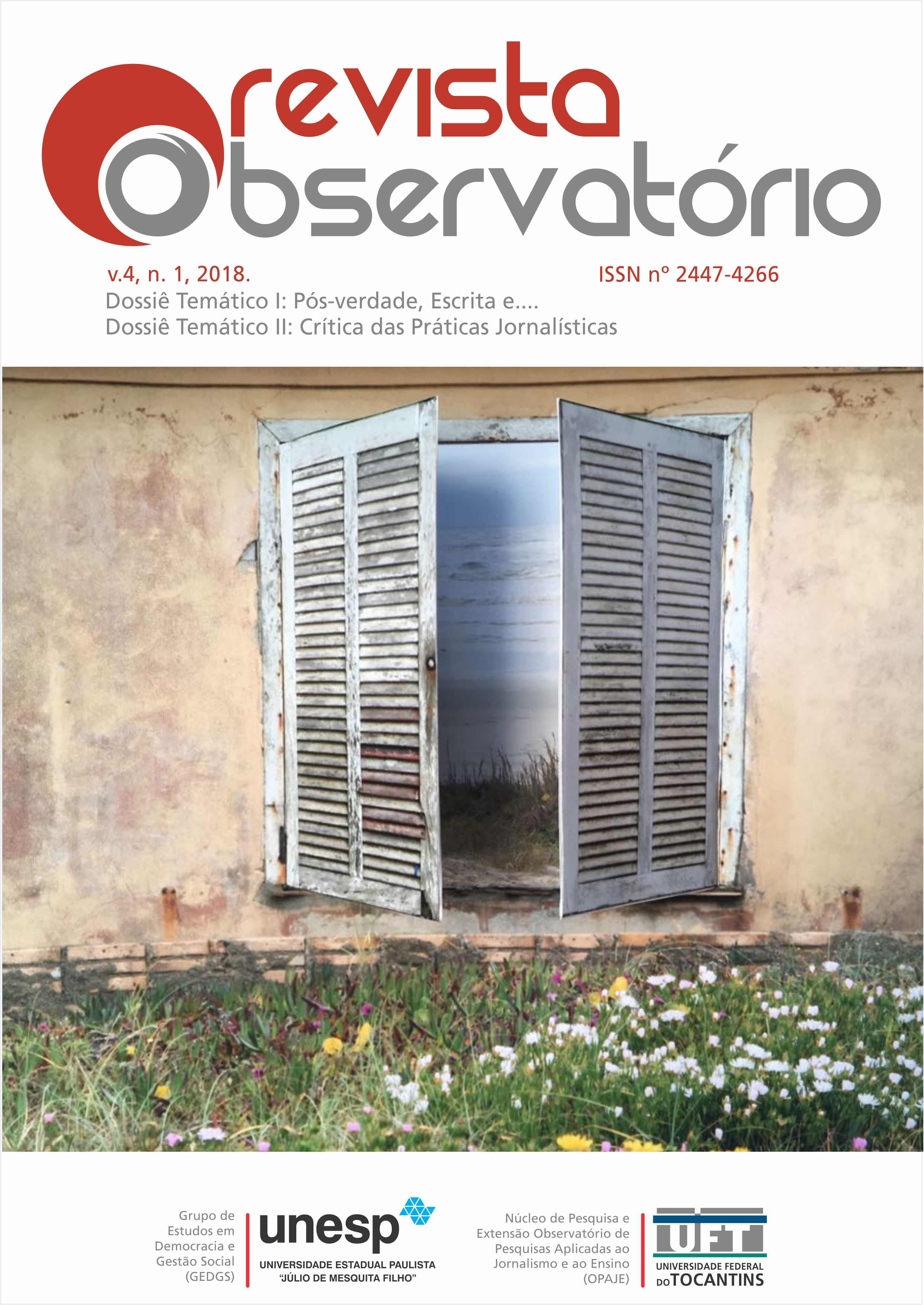Repagined niilism?
DOI:
https://doi.org/10.20873/uft.2447-4266.2018v4n1p869Keywords:
Corpo, Comunicação, Corporeidade, História, FilosofiaAbstract
The body is the object of political, religious, artistic and, more recently, scientific dispute. In this sense, this essay draws a historical line pointing out how the theme is viewed, as well as delineating the set of meanings, myths and interdicts related to the body. In the process, based on classical philosophical and sociological authors of different epochs, it points to the possibility of a resumption of nihilism in the search for an ideal of the body. This is because, when using ascetic techniques, the subjects involved in the dynamics give a sacred dimension to the body, besides denying certain aspects of life, such as decrepitude and impermanence, conditions inalienable to the human dimension. According to the proposal of the essay and based on several authors, the body returns to occupy central place in the society - as already occurred in Classical Greece -, but now emptied of its political and social dimension.
KEYWORDS: Body; nihilism; photography; essay.
Downloads
References
BERGON, Henri. Matéria e memória. São Paulo: Martins Fontes, 1999.
EAGLETON, Terry. A morte de Deus na cultura. Rio de Janeiro: Record, 2016.
FOUCAULT, Michel. Vigiar e Punir. Curitiba: Vozes, 2015.
FREIRE COSTA, Jurandir. O vestígio e a aura: corpo e consumismo na moral do espetáculo. Rio de Janeiro: Garamond, 2004.
GOLDHILL, Simon. Amor, sexo & tragédia: Como os gregos e romanos influenciam nossas vidas até hoje. Rio de Janeiro: Zahar, 2007.
HAN, Byung-Chul. Sociedade do Cansaço. Curitiba: Vozes, 2015.
NIETZSCHE, Friedrich. A Gaia ciência. São Paulo: Martin Claret, 2016.
_______. Crepúsculo dos Ídolos. Rio de Janeiro: Nova Fronteira, 2017.
ROUDINESCO, Elisabeth. Por Que A Psicanálise?. Rio de Janeiro: ZAHAR, 2000.
SCHOPENHAUER, Arthur. O Mundo como Vontade e Representação. Rio de Janeiro: Contraponto Editora, 2001.
Downloads
Additional Files
Published
How to Cite
Issue
Section
License
[PT] Autores que publicam nesta revista concordam com os seguintes termos:
1. Autores mantém os direitos autorais e concedem à revista, sem pagamento, o direito de primeira publicação, com o trabalho simultaneamente licenciado sob a Creative Commons Attribution License (CC BY-NC 4.0), permitindo o compartilhamento do trabalho com reconhecimento da autoria do trabalho e publicação inicial nesta revista.
Leia todos os termos dos direitos autorais aqui.

